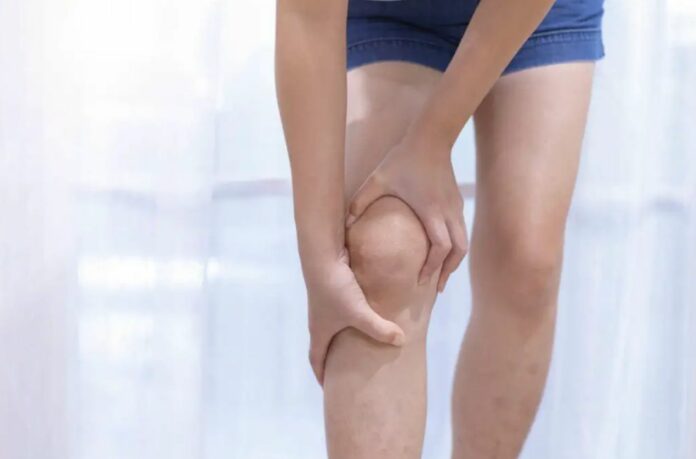Do You Know Your Risk? New Fragility Fracture Calculator Helps Predict Your Chance of Breaking a Bone
Fragility fractures, which commonly occur in areas such as the hip, spine, and wrist, are typically caused by weakened bone structure and often result from falls that would not otherwise cause a break in healthy bones.
These types of fractures can lead to a range of serious issues, including chronic pain, disability, hospitalization, long-term institutional care, and even premature death.
“Fragility fractures can severely affect quality of life for older adults,” explains Dr. Guylène Thériault, chair of the Task Force Fragility Fractures Working Group. “For women over age 65, there is good evidence that screening and preventive treatment may reduce fragility fractures. Surprisingly, screening occurs in younger women and men, although there is no evidence of benefit.”
New Canadian guideline recommends shared decision-making for fragility fracture prevention through personalized risk assessment
The Canadian Task Force on Preventive Health Care has released a new guideline on screening for fragility fractures, urging a “risk assessment–first” approach to prevent fractures among women aged 65 years and older.
To facilitate informed decisions, clinicians and patients can use an interactive online Fragility Fracture Decision Aid that visualizes individual fracture risks and the potential benefits and harms of preventive treatments.
This guideline emphasizes the importance of shared decision-making between patients and their primary care providers in selecting appropriate testing and preventive treatments and calls for further research to optimize fragility fracture prevention strategies.
The guideline is published in the Canadian Medical Association Journal (CMAJ).
By using this tool, patients can gauge whether the risk of fracture is low, which indicates a low benefit of treatment. This decision aid serves as a valuable resource in facilitating patient-physician conversations as it provides insights into the potential effects of medication and associated harms.
“Prescription medications can help prevent fragility fractures, and these should be taken for about 5 years,” adds Dr. Grad. “This means the best time to take them is at an age when fracture risk is higher. Even then, shared decision-making between a patient and their clinician is important.”
The guideline specifically targets adults aged 40 years and above who reside in the community. It is important to note that this does not encompass individuals who are currently taking prescription medication to prevent fragility fractures.
The task force collaborated with patients and conducted a thorough examination of evidence to ascertain patient preferences and values.
The results revealed that women between the ages of 50-65 expressed a keen interest in screening; nevertheless, a significant proportion, upon being educated about their individual risk, indicated their reluctance to opt for medication-based treatment.
Image Credit: Getty
